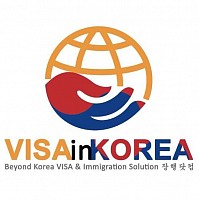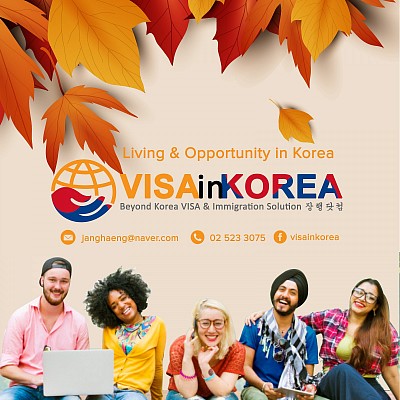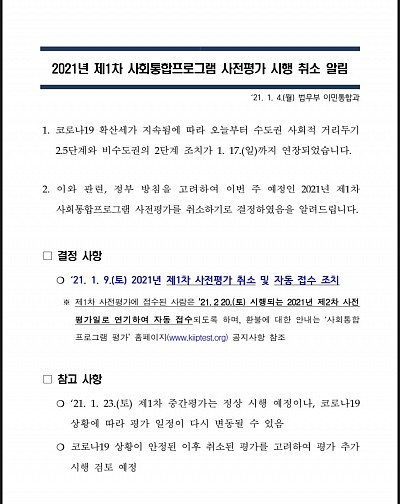KOREA VISA & IMMIGRATION
KOREA VISA & VISA SPECIALIST
VISA in KOREA 장행닷컴행정사
VISA in KOREA 장행닷컴행정사 runs the Facebook page, VISA in KOREA since 2016, and it quick to inform immigration policies for foreigners living in Korea as a Licensed Immigration Specialist.
Requirements and preparations for each visa qualification are essential, and it is most important to consult with experts in immigration matters.
To better understand, kindly review KOREA VISA SYSTEM which VISA in KOREA 장행닷컴행정사 deals with.
KOREA VISA SYSTEM
KOREA VISA SYSTEM can be largely divided into 1) visa duration, 2) visa for foreigners to work in Korea, 3) visa for foreigners to do business in Korea, 4) other spouses and study visas.
There are a total of 37 categories in the group of visa.
1) Period of stay on visa:
The duration of visa stay is divided into short-term visas and long-term visas, the former can stay in Korea within 90 days, the latter can stay in Korea for more than 91 days and must be registered as a foreigner.
Not all short-term visas (except for C-4 visa), but generally, short-term visas are not allowed to work in Korea.
Neither all long-term visas can work nor do business in Korea, but after registering foreigners, some qualified foreigners can either get a job with a work visa or do business with an investment visa.
2) Visa for foreigners to get a job in Korea:
Except for short-term visa, C-4 visa, the E-visa family allows foreigners to work in Korea.
E-visa=Employment VISA
In general, there are a total of 16 visa categories that can be employed in Korea:
Specifically, such as Professor visa (E-1 visa), Foreign language instructor visa (E-2 visa), Researcher visa (E-3 visa), Technical instructor/Technician (E-4 visa), Professional visa (E-5 visa), Artist & Athlete (E-6 visa), Foreign national of special ability visa (E-7 visa), Seasonal worker visa (E-8 visa), Non-professional visa (E-9 visa), Maritime crew (E-10 visa), Resident visa (F-2 visa), Overseas Korean visa (F-4 visa), Permanent Resident visa (F-5 visa), Marriage migrant visa (F-6 visa), Working holiday visa (H-1 visa), Work and visit for overseas Korean (H-2 visa).
Among them, visa holders with no restrictions on employment and business are F-2 visas, F-4 visas, F-5 visas and F-6 visas.
3) Visa to do business in Korea:
In principle, foreigners must receive an investment visa if they want to do business in Korea.
Investment visas are represented by D-8 visa and D-9 visa, while D-8 visa can be regarded as for a corporate establishment and D-9 visa as for a personal business.
D-8 visa (business investment visas) must be invested at least KRW 100 million won, and D-9 visa (trade management visas) requires at least KRW 300 million won.
4) Other spouses, study visas., etc.:
A dependent family visa to invite spouses or minor children of D-groups and E-visa groups is F-3 visa, while spouses or minor children of F-2 visas can live in Korea on F-1 visa.
As described above, a foreign spouse with a spouse visa (F-3 visa) is not allowed to get a job or do business in Korea.
However, if a person has obtained permission for activities other than the status of stay, he/she may be employed or engaged in business within the scope of his/her permission for activities without changing his/her current status of stay.
In addition, D-2 visa is a visa issued to foreign students who have college degrees, bachelor's degrees, master's degrees, and Ph.D. programs in Korea.
After graduation, they will be eligible to change their visas to D-10 visa (job seeking visa), E-7 visas and F2-7 visas (points based resident visa).
Except for the above visas, there are a lot of visas existing and we will explain through posting for better understanding.
장행닷컴행정사



